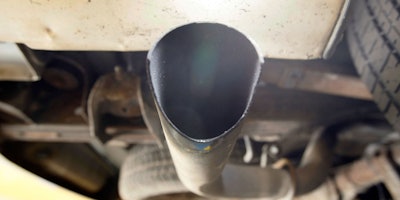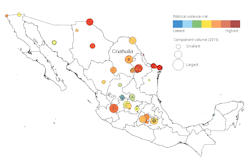
California air regulators on Friday approved a substantial cut to carbon pollution from gasoline and diesel fuels, a move that will force oil producers to reduce the amount of carbon generated by all transportation fuels in the state at least 10 percent by 2020, according to The New York Times.
The action, coming two weeks after a stinging defeat for Gov. Jerry Brown’s planned 50 percent cut in petroleum use by 2030, signaled his administration’s determination to press forward with an aggressive environmental agenda through the regulatory process rather than by legislation.
The rule approved Friday by the California Air Resources Board was originally adopted in 2009 but was fought tenaciously by oil and gas companies, which were able to use legal challenges to keep it partially on hold. Although the cut is smaller than the governor had wanted, state regulators are bullish that it can help halve petroleum consumption, even though the legislation setting that goal failed.
Editors Insight: The food industry has focused on sustainability as one of its top goals. The industry is about to confront the cost of this commitment. Whatever rules take effect in California will impact other states. The carbon reduction mandate will increase fuel costs and the increases will bring additional costs for the food supply chain.
The oil and trucking industries have fought Gov. Brown’s efforts to mandate carbon reductions. Gov. Brown’s opponents have been able to prevent a legislative mandate, but they will have a tougher time preventing a regulatory mandate. The flight of business from California caused by high operating costs has not discouraged Gov. Brown from pursing his environmental goals.
The state’s own projections estimate that fuel costs could rise 13 cents per gallon by 2020 as a result of the low-carbon standard.
The food industry has focused on sustainability as one of its top goals. Hence, the food industry will have a tough time publicly opposing carbon reduction mandates. 9-28-15 By Elliot Maras



















